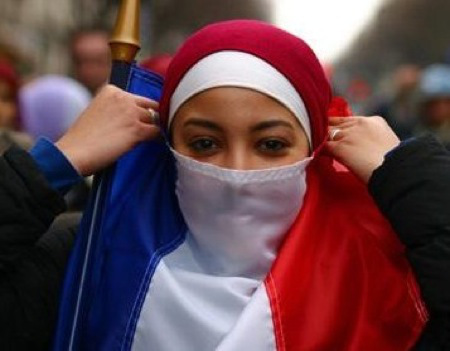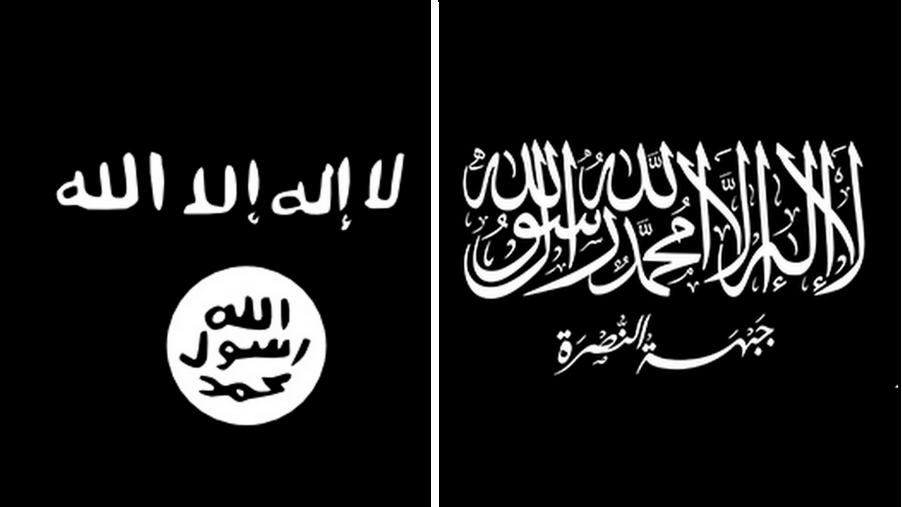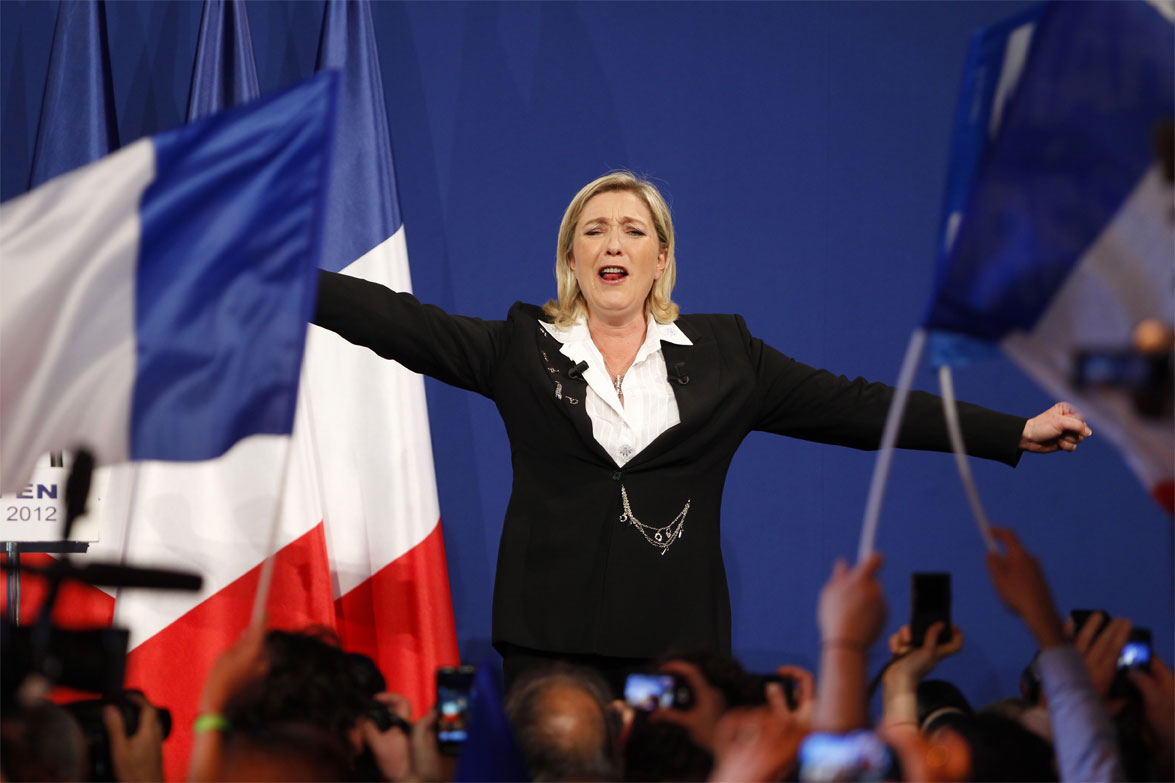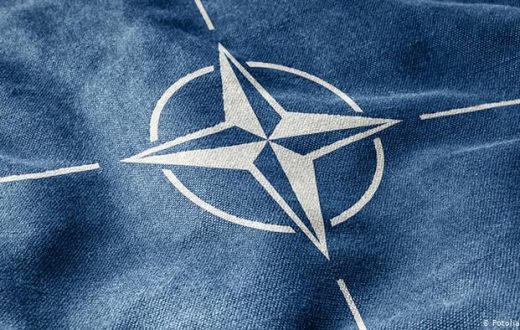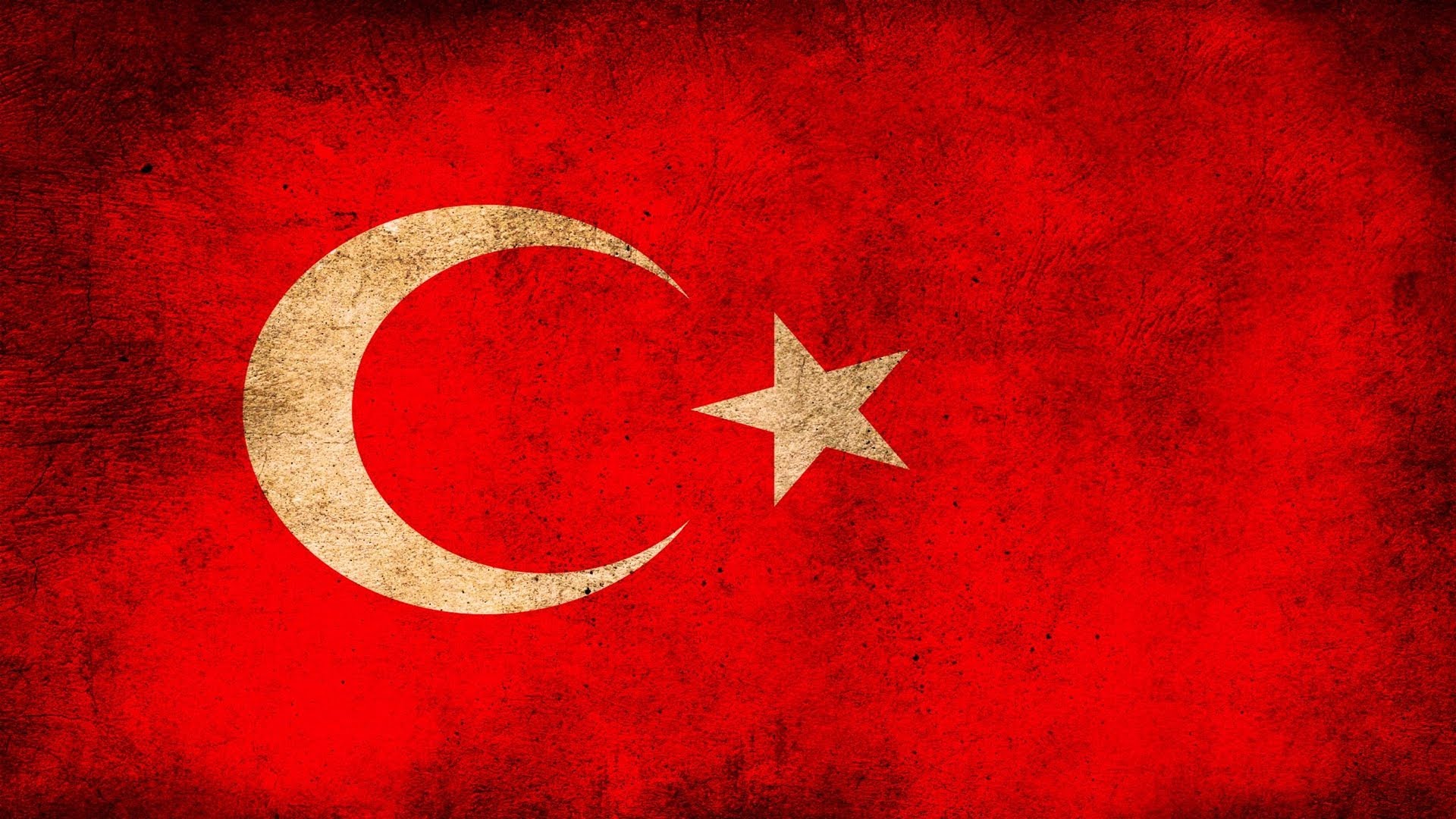Until Nov. 13, the eight attackers responsible for the night of violence in Paris were just a handful of radical Islamists in a large universe of Islamist radicals in France. Many of these radicals are nonviolent, while a small segment of them are extremists who espouse violence to achieve their radical agenda — the type we refer to as jihadists.
Yet even among the jihadists who advocate violence, there are divisions. Some maintain that jihad should be waged only defensively in support of fellow Muslims being oppressed or attacked in places such as Syria. Another subset advocates for attacks in a Western country such as France. Even among the latter group, there are those whose threats are merely hot air and those who are actually willing to act. Even among those willing to attack there are actors who pose different degrees of threat.
For French authorities, sorting through the universe of potential attackers to identify those who pose the greatest risk is a daunting challenge — as it is for any other government. The process is like a shark attempting to select a few fish from among a vast shoal of baitfish swimming in unison. A shark has an incredible sensory array that is extremely effective at identifying prey to be devoured by its rows of formidable teeth. But the shoal provides security by making it next to impossible for the shark to identify the specific individual fish its needs to target.
This is exactly the situation in which the French authorities find themselves. They have incredible intelligence capabilities (sensors) and very capable police and military forces (teeth). Yet, those intelligence and enforcement resources are quite limited and can be overwhelmed by the sheer size of the shoal of potential jihadist attackers.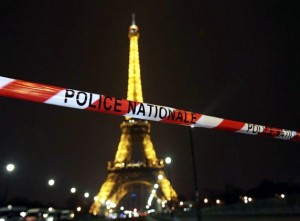
It requires an incredible amount of resources to maintain live telephone taps on one target, much less 24/7 physical surveillance. This means that security services very quickly reach their capacity. Thus, they need to use risk assessments to rank the potential threats and deploy their resources selectively against those threats deemed the most dangerous. This is especially true in a democratic country such at France, where there is rule of law and one cannot just conduct sweeps to arrest every known potential threat and then sort them out in prison. But frankly, as seen in even authoritarian countries, one simply cannot arrest (or kill) their way out of the problem and, often, draconian measures serve only to fuel anger and resentment, further aiding in radicalization.
Because of this reality, some attackers will slip through the screen, no matter the proficiency of security services. Once they attack, they are immediately removed from the shoal of potential threats and are subjected to an incredible amount of scrutiny. Their electronics will be seized as evidence and searched, and their past travel, associations and communications will be reviewed under a microscope. Under this heavy scrutiny, investigators will undoubtedly find clear warnings and indicators that the attackers were up to no good before the attack. Indeed, we will undoubtedly that some, if not all the attackers had previously come to the attention of the authorities.
To use another analogy, prior to the attack, the authorities had a mountainous pile of puzzle pieces with no frame or reference picture — some of those pieces could have led them to these attackers had they been assembled. But sorting through a gigantic pile of pieces of data and putting those pieces together without a frame of reference is often very difficult. Following this attack, the French authorities now have both the frame and the reference picture, and as they examine individual pieces of information, they will be able to place them into context using the frame of reference and (in retrospect) discover smoking guns.
Many will criticize the French government for missing such obvious clues, but those who do have lost sight of the initial challenge of the shoal of suspects and the vast amounts of data associated with each individual fish. Hindsight can be far more acute than foresight.

